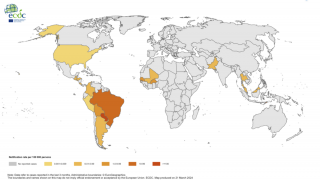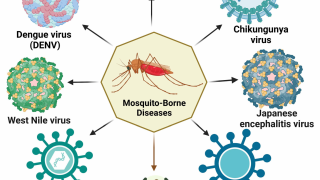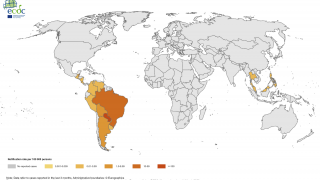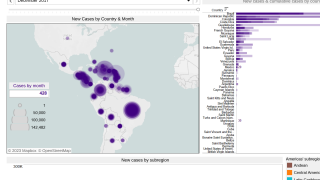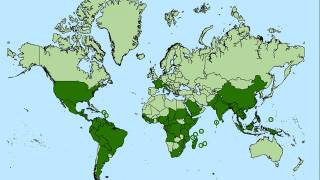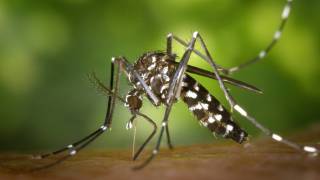Infected Male Mosquitoes Produced Sterile Offspring
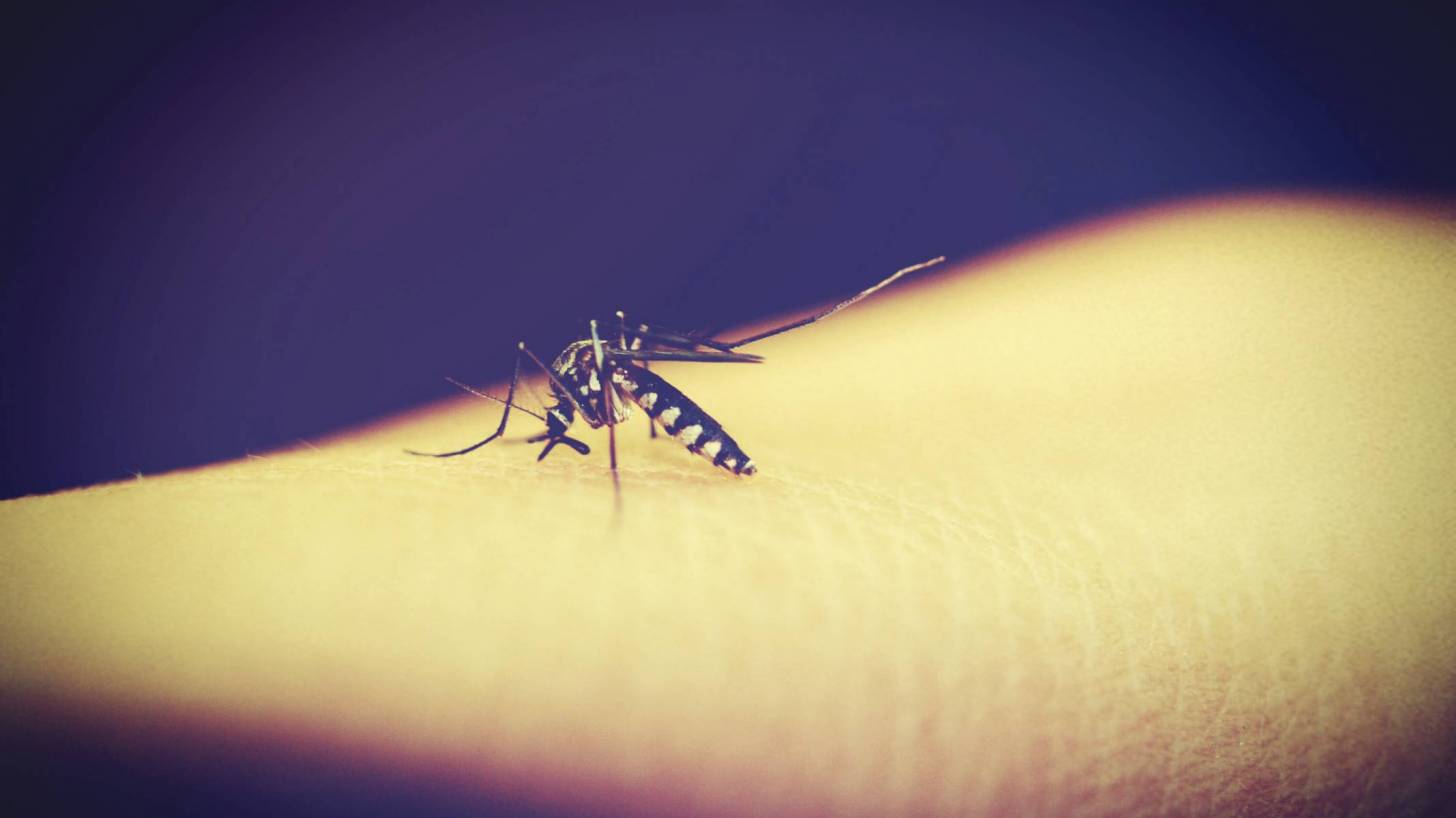
If you want to reduce a life-threatening health issue, you should focus on eliminating its source.
The mosquitoes responsible for around 17 percent of infectious disease transmissions globally may soon be eliminated, reported a new study.
From November 2017 to June 2018, non-biting male Aedes aegypti mosquitoes were sterilized with the natural bacteria Wolbachia and were released in North Queensland, Australia.
These male mosquitoes mated with local females, producing eggs that did not hatch, which reduced the total mosquito population.
Dr. Rob Grenfell, who lead this study said, “The results were a major win in the fight against disease-spreading mosquitoes.”
"The invasive Aedes aegypti mosquito is one of the world’s most dangerous pests, capable of spreading devastating diseases like dengue, Zika, and chikungunya and responsible for infecting millions of people with disease around the world each year," Dr. Grenfell, CSIRO Director of Health and Biosecurity, said in a press release.
The process, known as the Sterile Insect Technique, has been successfully used since the 1950s.
But, the challenge in making this process work for mosquitoes like the Aedes aegypti has been rearing enough mosquitoes, removing biting females, identifying the males and then releasing the huge numbers needed to suppress a population.
To address this challenge, an international partnership between CSIRO, Verily and James Cook University, scientists developed a mosquito rearing, sex-sorting and release technology as part of its global Debug project.
"We're very pleased to see the strong suppression of these dangerous biting female Aedes aegypti mosquitoes," Verily’s Nigel Snoad said.
"Verily's technology enabled us to do the sex-sorting faster and with much higher accuracy.
The majority of mosquitoes don’t spread diseases, but the three most deadly types are the Aedes, Anopheles, and Culex.
Previous research found most mosquitoes specialize on a few hosts and some individuals in a host population are preferred over others, reported Virginia Tech scientists in the journal Current Biology.
This study confirmed what scientists already suspected …. that mosquitoes remember the taste and smell of human blood and often pick on individuals whose blood is “sweeter” to them.
This study also shows that mosquitoes can rapidly learn and remember the smells of hosts and that dopamine is a key mediator of this process.
“Unfortunately, there is no way of knowing exactly what attracts a mosquito to a particular human. Individuals are made up of unique molecular cocktails that include combinations of more than 400 chemicals,” explains Clément Vinauger, professor of biochemistry in the College of Agriculture and Life Sciences, in a press release.
Our Trust Standards: Medical Advisory Committee


